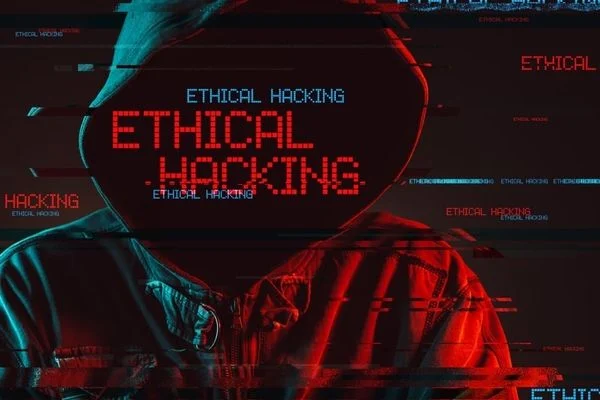Ethical hackers use their skills and knowledge to seek out and address computer system and network vulnerabilities proactively. Continue reading the blog post to get to know more about the controversy of ethical hacking.
The practice of ethical hacking is debatable in the field of cybersecurity. Others contend that ethical hacking is a crucial technique for defending against cyberattacks, while some people think hacking in any form is unethical. Ethical hackers, commonly referred to as white hat hackers, locate and take advantage of network and computer system vulnerabilities to assist businesses in finding and resolving security holes before malicious hackers take advantage of them.
Without ethical hackers, many businesses would be exposed to online threats that might jeopardize important data and threaten their clients. The importance of ethical hackers lies in the fact that they, who possess the skills that could be used for malicious purposes, aim to identify security vulnerabilities before malicious hackers can exploit them. Ethical hackers are vital to preserving the confidentiality and integrity of computer systems and networks in this way. Although there are some vulnerabilities in the misuse of ethical hacking, it is a useful technique for defending against cyber threats. The value of ethical hackers in cybersecurity will only increase as the world becomes more digital.
Why is ethical hacking controversial?
Ethical hacking, which includes accessing networks and computer systems illegally under normal circumstances, is controversial. Ethical hacking, on the other hand, also aims to find security vulnerabilities and fix them before malicious hackers may use them against you.
The argument stems from the idea that some people think that all hacking, even when done to increase security, is undesirable and should not be done. There are also concerns that some ethical hackers may use their abilities for evil and that the distinction between ethical and unethical hacking is not always clear.
Why is ethical hacking necessary in cyber security?
For many reasons, ethical hacking is essential to cyber security. Here are some of the crucial reasons based on it:
- Firstly, it assists businesses in locating security vulnerabilities in their systems before fraudulent entities can take advantage of them.
- Organizations can avoid security breaches and safeguard sensitive data by proactively detecting and fixing potential gaps.
- Ethical hacking can also assist organizations in ensuring adherence to legal and regulatory requirements.
- Finally, by training employees and stakeholders about the significance of cybersecurity best practices, ethical hacking can assist organizations in creating a culture of security awareness.
How can ethical hacking improve cybersecurity?
Ethical hacking, commonly called white hat hacking, can enhance cybersecurity by tracking down vulnerabilities and errors in computer systems and networks. Ethical hackers can identify possible threats by conducting simulated attacks. They can then assist organizations in addressing and resolving these problems before hostile attackers can exploit them. This proactive approach to cybersecurity can fend off cyberattacks, including unauthorized access and data breaches. Furthermore, ethical hacking can assist organizations in adhering to security rules and guidelines like HIPAA and PCI DSS.
Why are ethics important in ethical hacking?
There are different reasons why ethics are important in ethical hacking, some of which are mentioned below:
- The importance of ethics in ethical hacking can be summed up by the fact that they help to ensure that the work is ethical, moral, and responsible.
- Ethical hackers are believed to employ their knowledge to find and fix security flaws while avoiding harming people or organizations.
- A lack of adherence to ethical standards may have legal repercussions, harm one’s reputation, and undermine people’s trust.
- Ethical hacking can also have broader social effects, such as promoting the creation of more secure technologies and defending people’s data and privacy.
Conclusion
In conclusion, the debate over ethical hacking emphasizes the importance of thoroughly grasping how cybersecurity concerns might be reduced. To find vulnerabilities in systems and defend against malicious assaults, ethical hackers are crucial. Ethical hackers can contribute to a safer online environment for everyone by collaborating with organizations to ensure efficient and current cybersecurity strategies.












